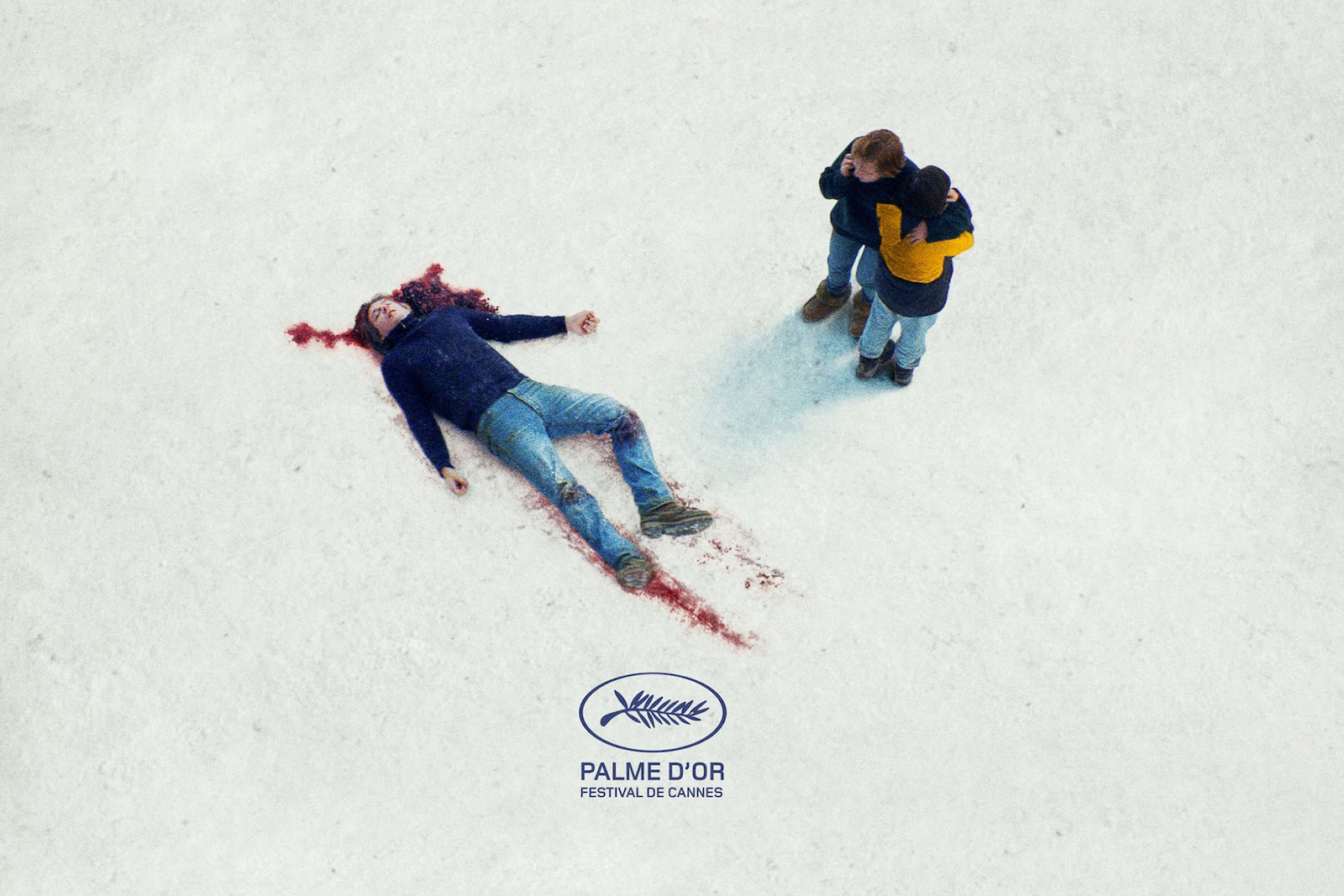
Review of Justine Triet’s ‘Anatomy of a Fall’
It’s not really possible to combine a murder trial with divorce proceedings, but this year’s Palme d’Or winner at Cannes comes about as close as we can imagine. Writer-director Justine Triet and co-writer (and husband) Arthur Harari wrap a ‘did she or didn’t she’ murder mystery in a relationship drama that plays out in a gripping courtroom drama. As for the title, there is an actual fall which leads to the dissecting of the slow fall of the marriage, as well as the emotional toll of having one’s entire life laid bare in a public setting.
Sandra Hüller was brilliant in Toni Erdmann (2016), a film that you should see if you haven’t already. She also starred in director Triet’s film Sibyl (2019), which led her to be cast here as Sandra Voyter, a German writer, wife, and mother. If Huller’s performance isn’t the best of the year, it certainly is in the top three or four. She is stunning as a complex character grappling to hold on to the life she wants despite the obstacles beyond her control, including an indictment and trial for murdering her husband.
There are so many pieces to this storytelling puzzle that it’s quite challenging to paint a proper picture without giving away any of the minutiae surrounding what is the film’s core: we never really know another person, and even knowing ourselves requires an honesty and perception most lack. Some of these pieces include jealousy, the motivation of a writer, guilt, blame, a child’s view of his parents, the French courtroom process, and the need for understanding and closure. These aspects (and more) weave a tangled web over an extended runtime of 152 minutes that not only keeps us focused on the trial, but also on the behavior of Sandra, and the excruciating thought process of her 11-year-old son Daniel (a remarkable Milo Machado Graner).
A wonderfully awkward opening scene sets the stage for us to recognize Sandra’s annoyance and her (unseen) French husband Samuel’s (Samuel Theis) purposeful intrusion. This leads to their partially-sighted son Daniel taking the dog for a walk and his subsequent stumble upon his father’s dead body in the snow. The police investigation is inconclusive, with an explanation available for three possible causes: an accidental fall from the attic window, a suicidal dive from the window, or a deliberate push from that window. With conflicting evidence, and with only theories at hand, Sandra is indicted and faces a trial focused less on her husband’s death, and more on the secrets and arguments – the ups and downs – of their relationship.
It seems the prosecution case boils down to she must have done it because they had arguments and she wrote about it. The prosecutor is played by a fiery Antoine Reinartz, while Sandra’s defense attorney (and long-ago lover) Renzi is played by a calm Swann Arlaud. It’s only in a crucial flashback that we witness Samuel and Sandra in the midst of an argument that seems to hold the clues needed to assist viewers in a final decision. However, even that isn’t simple due to the approach taken by son Daniel with his dog Snoop (also remarkable!).
The chalet in the French Alps plays a role in the fall as well as the relationship. Verbal sparring is not limited to the above-mentioned flashback, but also in the courtroom where the lines between solicitors crackle with preciseness as Sandra controls her emotions. Even the language differences between French husband and German wife are part of this, but the odd French courtroom process will likely catch outsiders off guard. This is a gem where we as viewers are chugging right along with Daniel and the judges as words and emotions take the place of physical evidence. Camera work from Simon Beaufils is unconventional yet succeeds in putting us in the chalet as well as the courtroom. Some may see the ending as ambiguous, but listening to the big argument and following the dog and Daniel should provide the clarity viewers seek.

